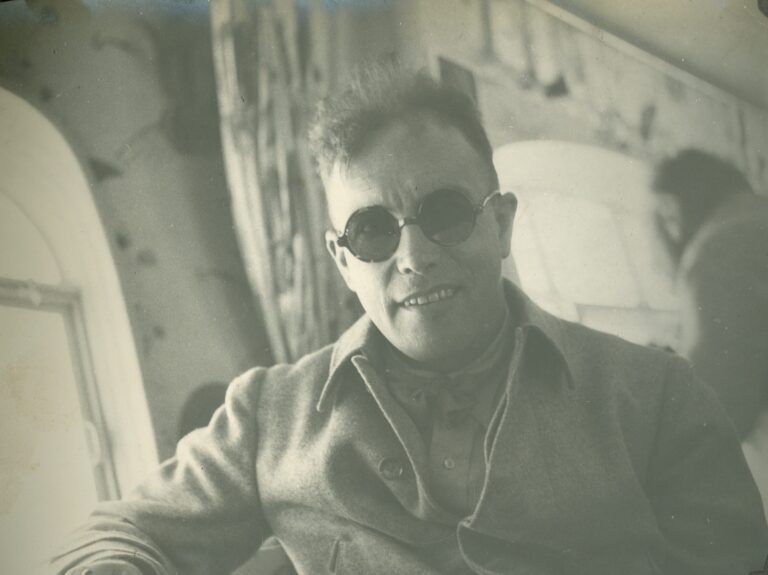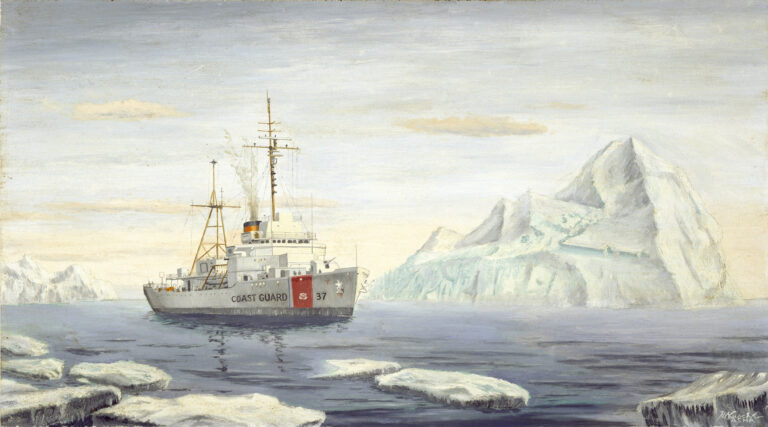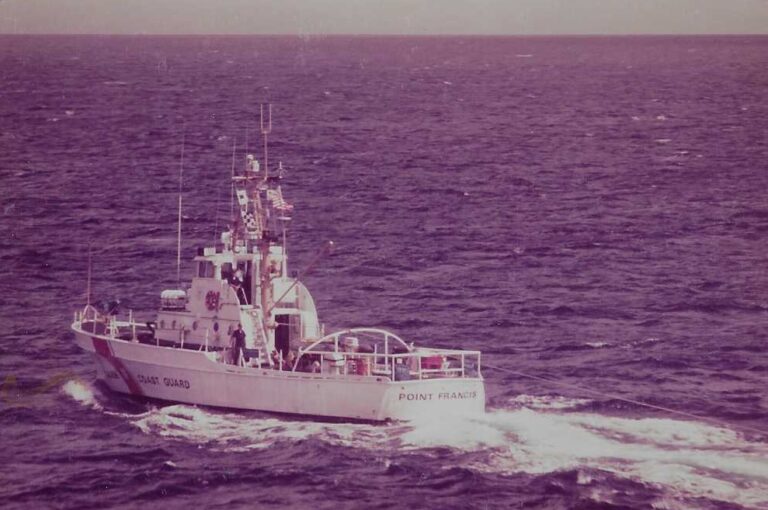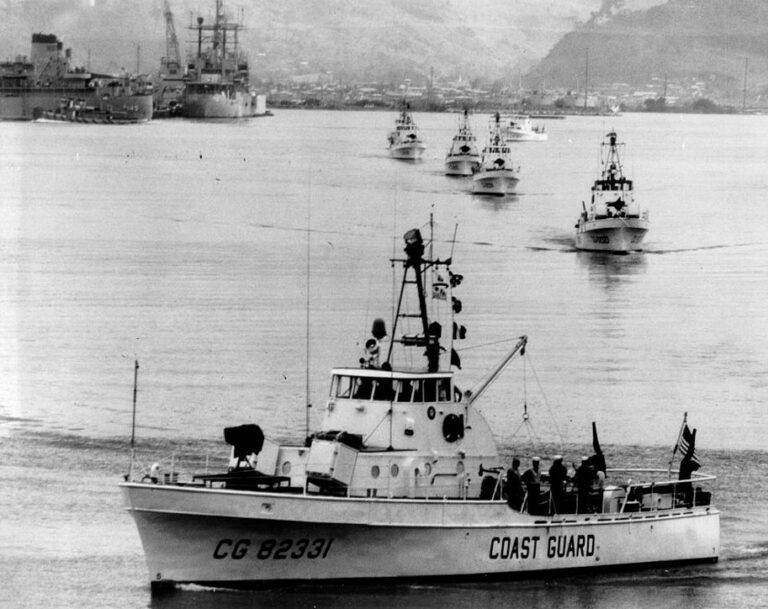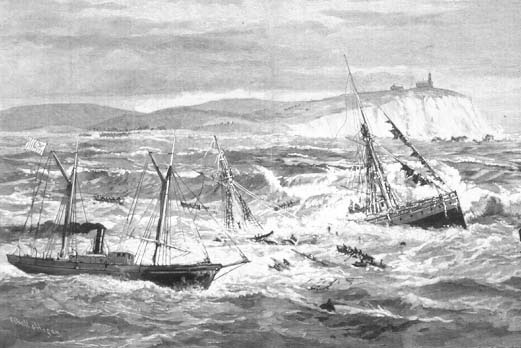Iceberg Smith and the 1931 Graf Zeppelin Arctic Expedition
Suspended above uncharted ice in a heated cabin, a young Coast Guard scientist watched the Graf Zeppelin map islands, mountains, and sea ice no one had ever seen from the air—and foresaw how aviation would transform Arctic safety.

